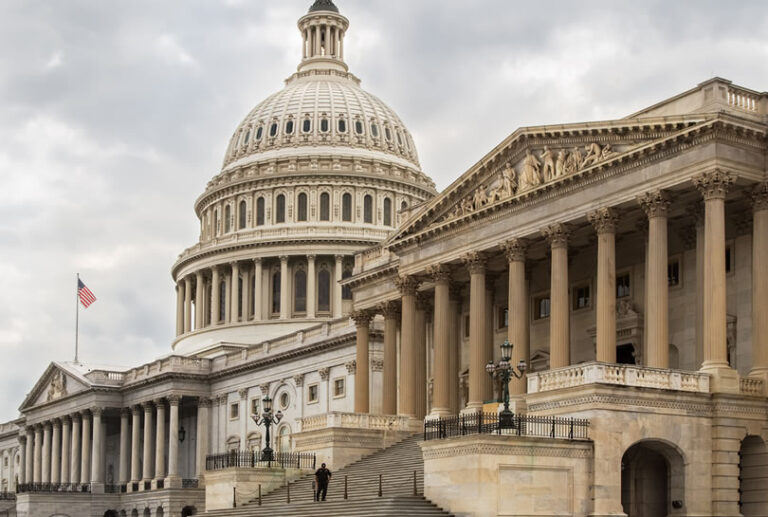Oct. 22, 2012 – At a hearing held Friday in Boston by the Massachusetts Department of Public Health, representatives from the Coalition for Healthcare Communication, the Massachusetts Biotechnology Council (MassBio) and the Pharmaceutical Research and Manufacturers of America (PhRMA) testified that the state’s emergency amendments making an exception to a 2008 gift ban to allow “modest meals” to be offered to healthcare professionals is both supported by their organizations and in line with industry and federal standards. [Click on name links to view full testimony.]
“The Massachusetts Department of Health correctly recognized that the most important need here is to facilitate education for drug prescribers,” said Coalition Executive Director John Kamp after the hearing. “The common sense provision of a modest meal at a dinner meeting is merely a way to facilitate the safe and effective use of medicine.”
Although the Coalition “takes that as a given, it found it necessary to respond to critics of the change who made irresponsible allegations that company–sponsored education was unregulated and often led to improper prescribing,” he said.
The Oct. 19 hearing follows July revisions to the 2008 Pharmaceutical and Device Manufacturer Code of Conduct (PCOC) as part of the 2013 state budget. In September, the Massachusetts Public Health Council set forth amendments that would allow meals to be offered at non-CME presentations for healthcare professionals outside of the office or hospital setting.
The amendments proposed the following definition: “Modest Meals and Refreshments, food and/or drinks provided by or paid for by a pharmaceutical or medical device manufacturing company or agent to a health care practitioner that, as judged by local standards, are similar to what a health care practitioner might purchase when dining at his or her own expense.”
PhRMA “believes that the emergency amendments will facilitate the ability of pharmaceutical manufacturers to offer company–sponsored speaker programs that educate and inform health care practitioners about the benefits, risks, and appropriate uses of their products and to engage in other informational discussions with physicians,” said Marjorie Powell, senior assistant general counsel, PhRMA.
Further, PhRMA “appreciates” the emergency amendments’ flexible standard for determining whether a meal is modest, and that the definition of modest meals is consistent with the PhRMA Code, which states that “speaker programs may include modest meals offered to attendees and may occur in locations outside of the office or hospital setting, as long as they occur in a venue and manner conducive to informational communication.”
MassBio President and CEO Robert K. Coughlin also praised the amendments as “very narrowly tailored but important revisions to the law that now provide our members with further critical opportunities to educate health care professionals on important aspects of medical science, treatments and therapeutics.”
Kamp stated on behalf of the Coalition that the “singular goal” of his comments “is to dispel the myth promulgated by some that company–supported education is pure selling and is unfettered by regulation or full company responsibility for the truth, veracity or ‘fair balance’ of the content of the presentations. Nothing could be farther from the truth.”
When addressing the specific language in the modest meal definition, PhRMA recommended that Massachusetts revise its definition to refer to what a “typical” healthcare practitioner might purchase when dining at his or her own expense. “This additional language would ensure that companies are able to conduct a single evaluation of whether a particular meal is modest,” according to Powell.
She also raised some issues regarding how the amendments would dovetail with Sunshine Act requirements (which preempt state law) and how Massachusetts disclosure reports should be drafted to coordinate with federally mandated Sunshine Act disclosure reports. While noting that company-sponsored speaker programs “are critical to the safe and effective use of prescription drugs,” Powell also stated that companies might have opportunities to interact with healthcare practitioners in other contexts as well, which Massachusetts should consider when crafting the final rule.
Overall, Coughlin stated that the definition of modest meals “strikes a thoughtful and effective balance: it holds the industry accountable through transparency while also providing further opportunities to life sciences companies – some of whom are small and not yet profitable – to engage with the medical community in a controlled manner that is critical for the further development of the life sciences and the achievement of novel therapies that advance not only our economic health, but also the health of our citizens.”
Kamp pointed out that company–sponsored educational events are fully regulated by the federal Food and Drug Administration, state consumer protection statutes, state codes (including the Massachusetts code), federal “false claims” and other statutes, the threat of possible plaintiff “failure to warn” law suits, and the self–regulatory guidelines of PhRMA, BIO and AdvaMed, the three leading industry trade associations. In other words, according to Kamp’s testimony, “the laws of the federal and state governments … and the internal policies of companies are stringent and work to ensure that these programs are both educational and in accordance with good care.”
“As we said in Boston, these sessions are strictly regulated and provide information that is essential to the safe and effective use of drugs,” Kamp said.
The Massachusetts Department of Public Health will now consider the hearing testimony and written comments on the proposal. The regulation will be voted on by the Council at its Nov. 14 meeting and will be filed with the Secretary of the Commonwealth. The final regulation will be effective as published on Dec. 7.



